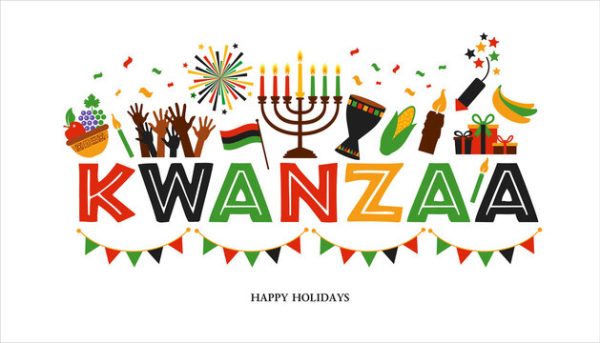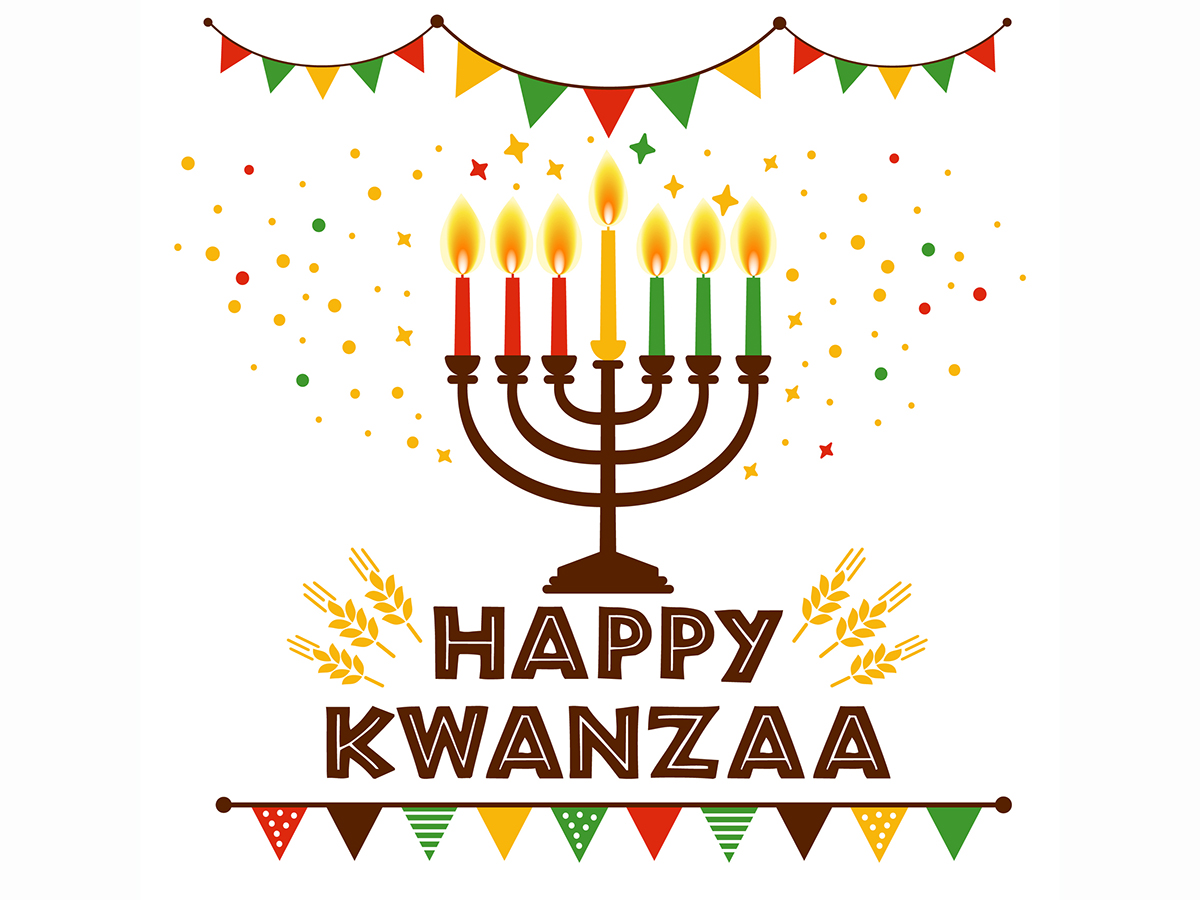Kwanzaa is a holiday to African American heritage and culture. It takes place December 25th, 2024- January 1st, 2025. Kwanzaa has it all giving gifts, eating food, giving thanks, and hanging out with friends and family.
Is Kwanzaa a religion?
No, kwanza is not a religion or faith.
The history of Kwanzaa:
“Throughout the 1950s and ’60s, the civil rights movement sought to end the practice of treating Black people unfairly because of their race. In 1954, the Supreme Court ruled that school segregation—or teaching Black and
white children separately—was illegal. In 1963, Martin Luther King, Jr., gave his famous “I Have a Dream” speech. And the Civil Rights Act of 1964 and the Voting Rights Act of 1965 ensured more equal rights for African Americans.
But Black people still faced discrimination. In 1965, a white police officer pulled over two African American men in a mostly Black neighborhood called Watts, in Los Angeles, California. Angry at how people in the community were being treated by police, a crowd soon gathered to protest. But the crowd grew bigger—and angrier. This led to six days of protests and rioting all over the city. Thirty-four people died and over a thousand were injured in what’s now called the Watts Rebellion.
The next year, educator and activist Maulanga Karenga wanted to rebuild the neighborhoods affected by the riots and encourage pride within the Black community. As part of his plan, he created Kwanzaa in 1966 to empower African Americans to rediscover and honor their African roots.
Kwanzaa means “first fruits” in Swahili, a language spoken in Africa, and refers to the joy and unity many Africans have when celebrating the harvest season. The holiday encourages people to honor seven principles: unity, self-determination (helping yourself succeed), collective work and responsibility (teamwork), cooperative economics (sharing), purpose, creativity, and faith.”
With all this knowledge of Kwanzaa it is hard not to honor the culture and heritage of African American’s.


